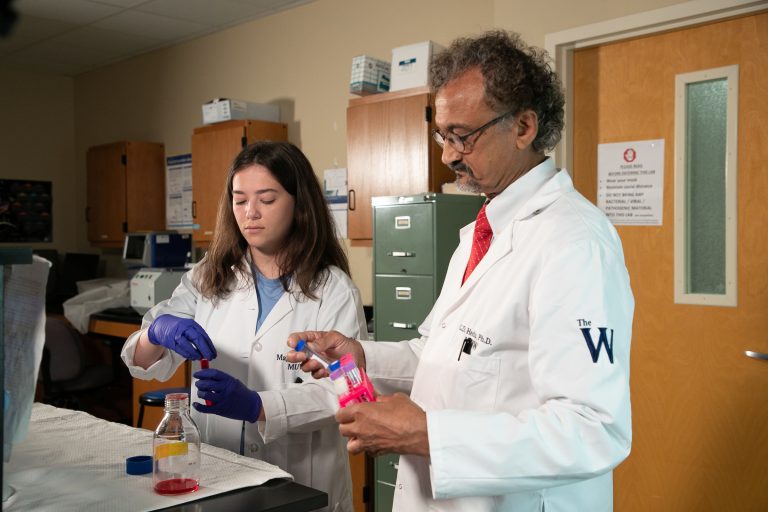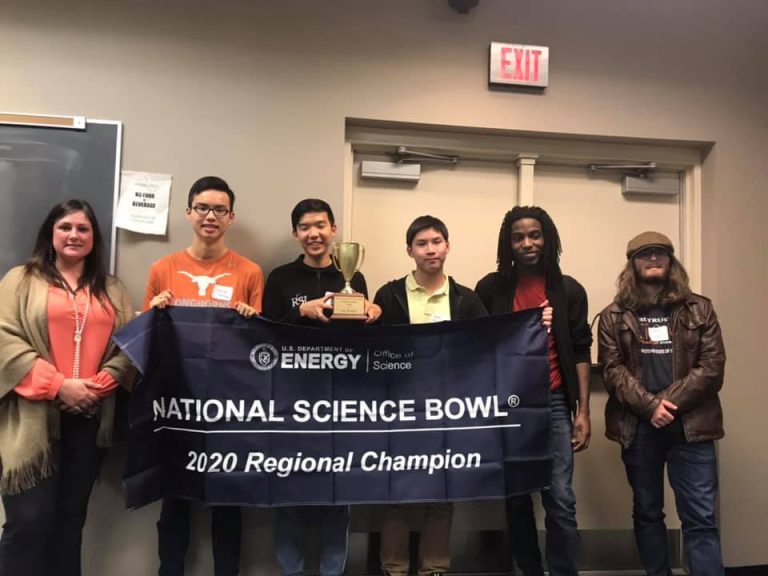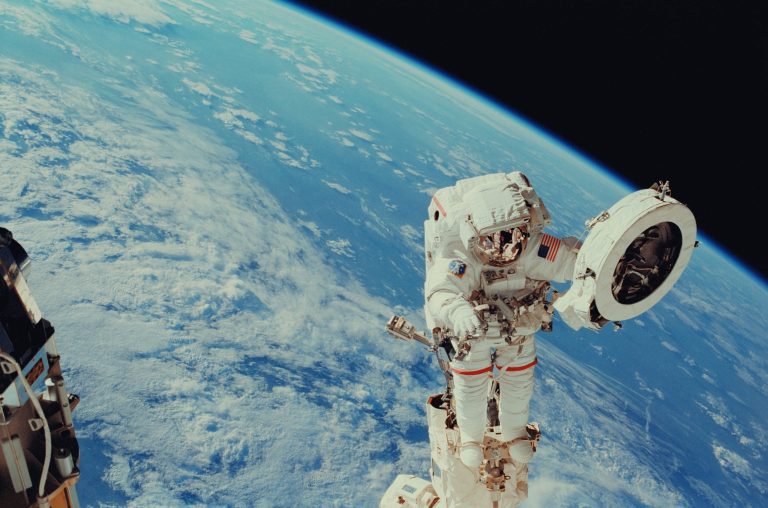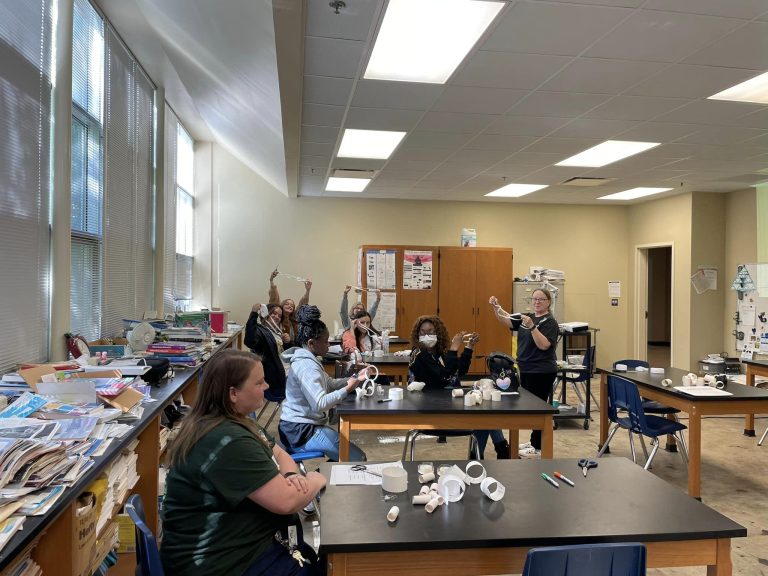Department Activities

Faculty Research
Faculty in the Department of Sciences and Mathematics believe that independent mentored research provides students with powerful, unique experiences that facilitate student growth and learning beyond the classroom. Several faculty members in the department carry out research projects in which they involve interested students.

Mississippi Regional Science Bowl
The Science Bowl is a tournament-style academic competition that challenges and recognizes 9th-12th grade students' knowledge of science and mathematics. The questions are drawn from the following subject areas: astronomy, biology, chemistry, computer science, earth science, mathematics, and physics. The competition is an opportunity for students to be intellectually challenged and socialize with their peers within the region. The winner of the Regional competition will travel, expenses paid, to compete in the National Science Bowl held in Washington D.C..

Mississippi Space Grant Consortium
The Mississippi Space Grant Consortium (MSSGC) is a statewide non-profit organization of institutions of higher learning coordinated by the Mississippi Research Consortium and supported by NASA. The Consortium's mission is to enhance and support aerospace science and technology efforts and activities in Mississippi as well as promote a strong science, mathematics, and technology base at precollege, undergraduate, and graduate levels in the region's educational institutions.

Sonia Kovalvesky High School Mathematics Day
This program is in honor of Sonya Kovalevsky, an outstanding 19th century mathematician and the first woman to receive a doctoral degree in mathematics. It is a one - day event with mathematics activities organized for high school girls and their teachers (male or female). The purpose is to encourage young women to continue their study of mathematics and prepare for possible careers in mathematics-related fields.

The W Science Camp
This Science Camp is generously offered free of charge thanks to MUW support and a NASA Inspires Futures for Tomorrow's Youth (NIFTY) grant presented by Twin Cities PBS (TPT) in partnership with the National Girls Collaborative Project, the Space Science Institute, and the NASA Langley Research Center, with funding from NASA.